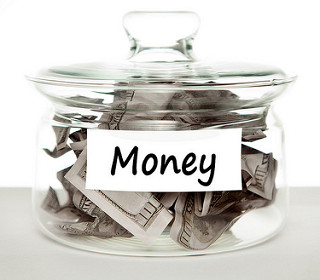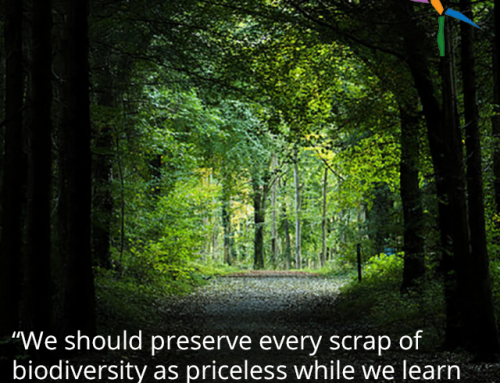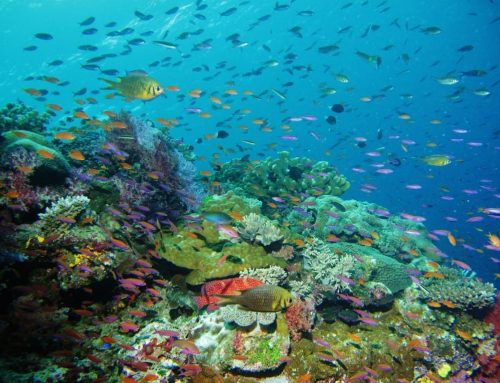Are People Less Eco-Friendly in a Recession?
Unless you’ve been living under a rock, then you’re aware that America, as well as most of the rest of the world, is in an economic recession. Job growth is slow, benefits are decreasing and money is tight all over. While we don’t want to get into an economic political debate, the existence of a recession means some realities for environmental policy and eco-friendly behavior across the nation. The natural instinct is to think that if people make less, then they waste less. But that’s not actually true.
Less Money Often Means More Waste
When you have less money, you may buy less, but you’re often buying lower quality (and thus lower cost) items that then need to be replaced more frequently. Buying a cheaper version of a product not only means that you’ll be replacing it sooner and generating more landfill, but it also means that it’s unlikely that eco-friendly practices were followed when the product was made originally. Big box stores are notorious for cheaply made, highly polluting products. Those stores are often also the best options for people on a budget, and when you’re on a budget you’re often more worried about how to make that money stretch than you are about the future of the planet.
Less Money Means More Prepackaged Food
It would also be easy to think that less money means more cooking at home, but most recent studies have shown that less money leads to eating more pre-packaged, processed and fast food. The same problems described above also apply to these types of food. Most of them are made from sources that harm the planet and are packaged in material that isn’t biodegradable. However, when you’re trying to stretch limited funds into the greatest amount of food, the most important factor quickly becomes “Where can I spend the least amount of money to feed my family?”
Difficulty with Pro-Environmental Legislation
As we’ve clearly seen in the last years, when an economy is in a recession, environmental legislation is even harder to pass. People are concerned that green legislation will make it more expensive for them to heat their homes and fill up their gas tanks. When that happens, whether the facts and the perception match or not, it’s much harder to pass legislation that helps the planet while also conserving fossil fuels and limiting pollution.
So, the have less/waste less philosophy doesn’t really hold up, unfortunately. There are many reasons to hope for an end to the U.S. recession or a change in our unsustainable economic model. A returned enthusiasm about environmental issues is just one of them!
Agree or disagree with this take? Comment below, like us on Facebook, follow us on Twitter or Pinterest and let us know.
Photo via Flickr Creative Commons: Tax Credits





